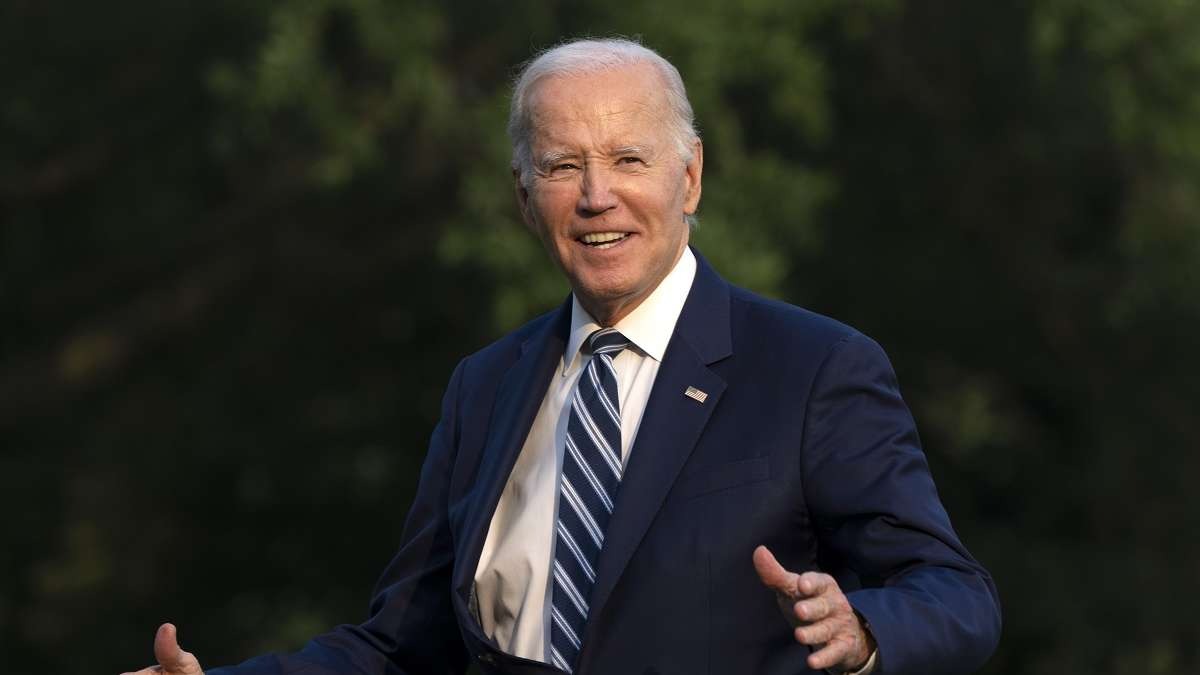President Joe Biden is facing significant challenges as he seeks to convey a positive economic message to voters, particularly in battleground states like Arizona and Nevada.
Despite the Biden team’s efforts to highlight positive economic indicators such as unemployment rates and GDP growth, many voters are primarily concerned about rising costs of living, including food, energy, gas, and housing.
The passage of the American Rescue Plan in March 2021, without any Republican support, has been cited as a key turning point leading to historic and sustained inflation.

Biden (Credits: Fortune)
Before the passage of this plan, inflation had been relatively low for an extended period. Still, inflation has remained consistently high since then, affecting Americans’ wages’ purchasing power.
While some economists focus on core inflation figures, which exclude food and energy prices, most Americans purchase these essential items daily.
As a result, the increase in prices for these basic necessities has significantly impacted household budgets, outpacing wage growth and creating financial strain for many families.
The rising cost of food, in particular, has been a known concern, with prices increasing obviously and outpacing wage growth. This has led to what has been described as “supermarket sticker shock,” as consumers find their grocery bills increasing despite purchasing fewer items.

Joe Biden (Credits: India TV News)
While wage growth relative to inflation has improved somewhat in recent months, it has not been sufficient to offset the overall impact on household budgets.
Many Americans continue to feel the squeeze of rising prices, leading to frustration and dissatisfaction with the Biden administration’s economic policies.
Despite attempts by the White House to attribute inflation to external factors such as the pandemic, geopolitical events, and supply chain disruptions, voters are increasingly skeptical of these explanations. Instead, they are holding the administration accountable for what they perceive as failed economic policies.
As the Biden administration seeks to convey its accomplishments and vision for the future, it faces the challenge of addressing widespread dissatisfaction with its handling of the economy. For many voters, the impact of rising prices on their daily lives is a central concern that cannot be overlooked or dismissed.























